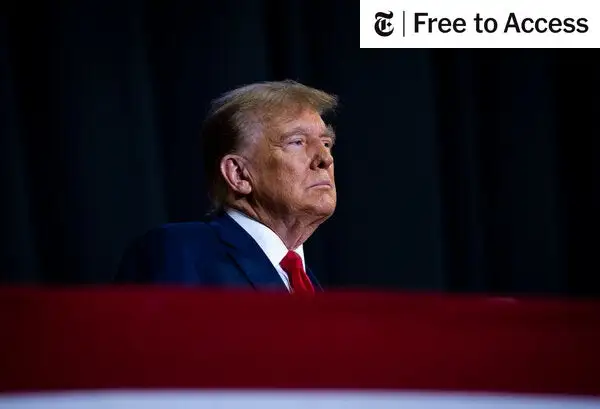See, while what you're saying is true, it's not the whole truth.
The remedies in the late 1800's were required because Congress had already taken action to define the events of the Civil War as an insurrection. It was an act of Congress that they were having to appeal. There has been no similar act of Congress that Trump would need to appeal.
The core question, and one that the justices seem to be asking pointedly, is who determines whether someone's actions constitute "insurrection"? In the past, it was Congress. There's certainly an argument to be made that if someone was convicted of criminal insurrection, that would suffice. But absent those two, how do you make that determination, and who makes that determination.
I think the court feels that, while the 14th doesn't explicitly state how to make that determination, absent a criminal conviction or act of Congress, that there is no grounds to disqualify a candidate due to 14th amendment rules.
And I think I kind of agree. Or, at least, I think there should be some sort of objective metric that gets defined before making a determination. Especially since the last major use of the 14th was literally the Civil War, which, as bad as Jan6 was, is a pretty huge amount worse. And if we're plotting them along a continuum, to the left of Jan6 you have things like mass protests that attempt to shut down government functions to push certain agendas, which I think we all agree is well within the bounds of freedom of speech.
I'm not defending Trump, let me be clear. I am simply advocating that we note that there is nuance to this issue. Life is not painted in black and white. Just because something was bad, and even that it should be disqualifying, doesn't mean that it's easy to justify that fact in the current legal framework we exist in.


